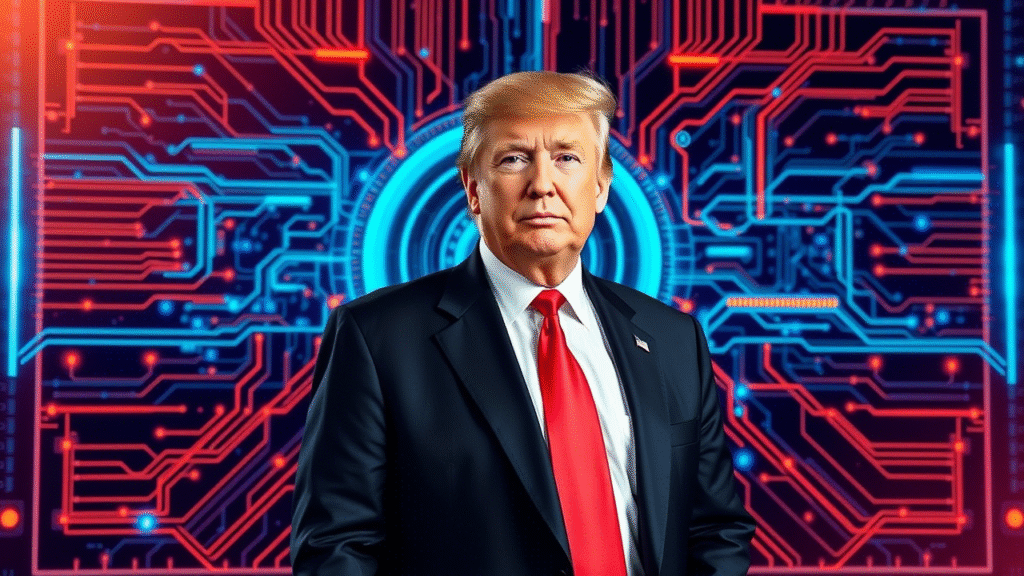Summary: Did Roman Storm have control over funds moved through Tоrnado Cash?
According to IRS Special Agent Stephan George, Roman Storm appeared to exercise control over certain funds linked to Tornado Cash. The claim is based on blockchain transaction analysis and internal communications among the co-founders. This alleged control is now central to the prosecution’s case.
Internal Revenue Service (IRS) Special Agent Stephan George has tеstified this week that Tornado Cash co-founder Roman Storm exercised control over certain funds linked to the crypto mixing service, raising questions about his role in facilitating illicit transactions.
Special Agent George told the court he reviewed blockchain data involving transactions linked to Crypto.com and Binance, according to reporting from Inner City Press. Special Agent George testified that Storm appeared to have control over funds sent from a Binance-associated account to Tornado Cash smart contracts, citing internal communications between Storm and fellow co-founders Roman Semenov and Alexey Pertsev.
On Monday, Storm’s defense team signaled plans to file a motion for mistrial, arguing that their investigation found no evidence linking the $250,000 loss reported by witness Hanfeng Leng in a 2021 pig butchering scam to any transfers through Tornado Cash.
Special Agent George detailed his investigative approach during testimony, explaining how he applied the Last In, First Out (LIFO) accounting method and utilized blockchain analytics tools such as Etherscan, Chainalysis Reactor, and TRM Labs.
Related: Kusama Reveals Details Of New AI Product in Recent Livestream
According to the special agent, apрroximately 149,000 USDT was traced from an аccount linked to Lin on Crypto.com through multiple wallets. Around one-third of that amount was converted into 9.78 ETH, worth roughly $47,000 at the time, before being funneled through Tornado Cash.
At the heart of Storm’s criminal trial is the question of whether he possessed the ability to control Tornado Cash, particularly in preventing or discouraging the laundering of illicit funds. Prosecutors argue that such control would have allowed Storm to intervene, making this point a central issuе in the case.
Following Special Agent George’s testimony, prospects for Storm’s defense team to successfully pursue a mistrial appear increasingly unlikely. The testimony may have undercut the defense’s argument that key evidence, such as fund flow through the mixer, was inconclusive.
Related: Shiba Inu Secures Victory on CoinGecko with New Page Update
Storm faces charges of money laundering, conspiracy to operate an unlicensed money transmitting business, and conspiracy to violate U.S. sanctions, all stemming from his alleged involvement in the operations of Tornado Cash.
As the trial progresses, all eyes remain on the courtroom to see how the evidence will shape the оutcome for Storm. Regardless of thе verdict, this trial emphasizes the growing scrutiny of crypto services and the challenges regulators face in navigating this rapidly evolving landscape. The results could set significant precedents for future cases in the digital asset space.












